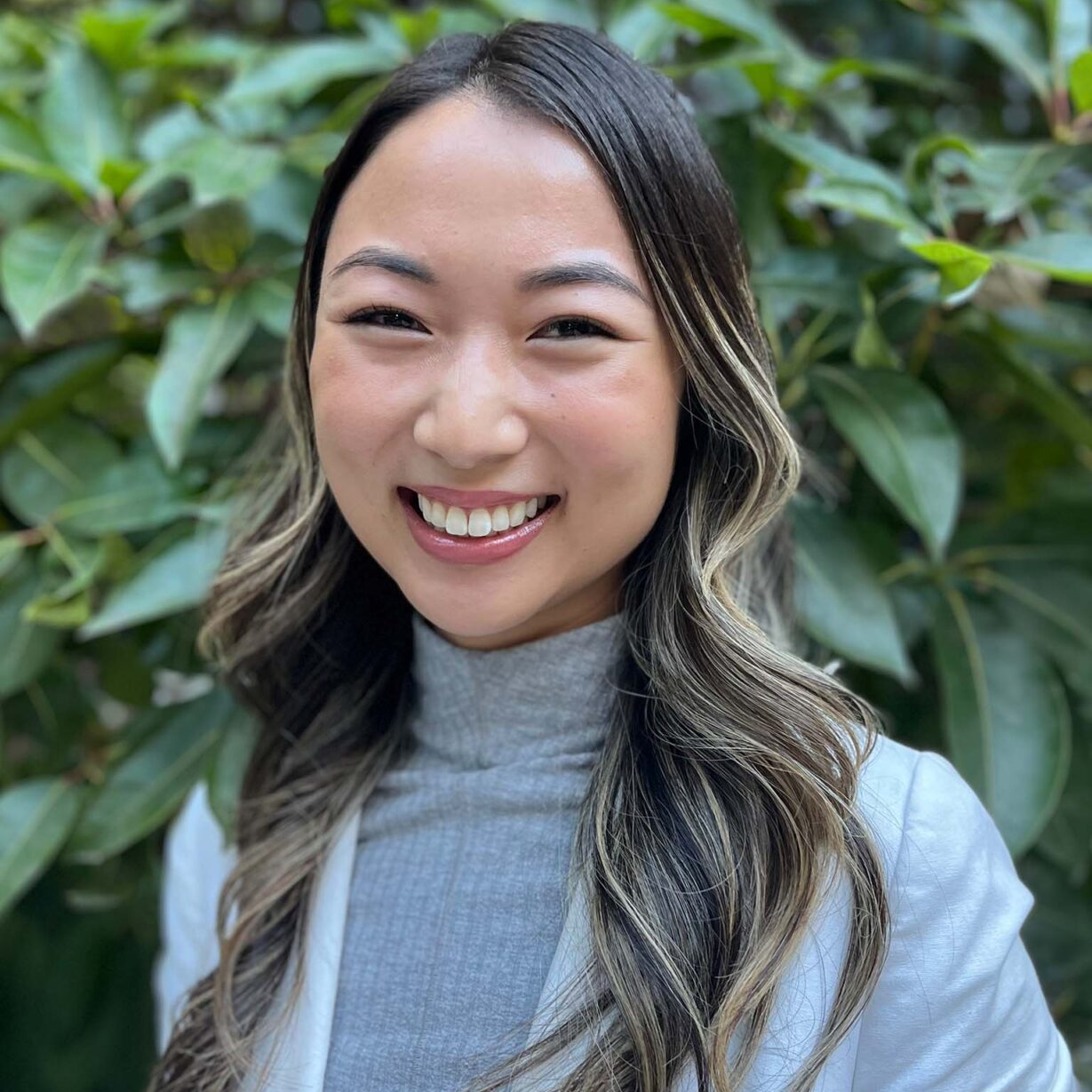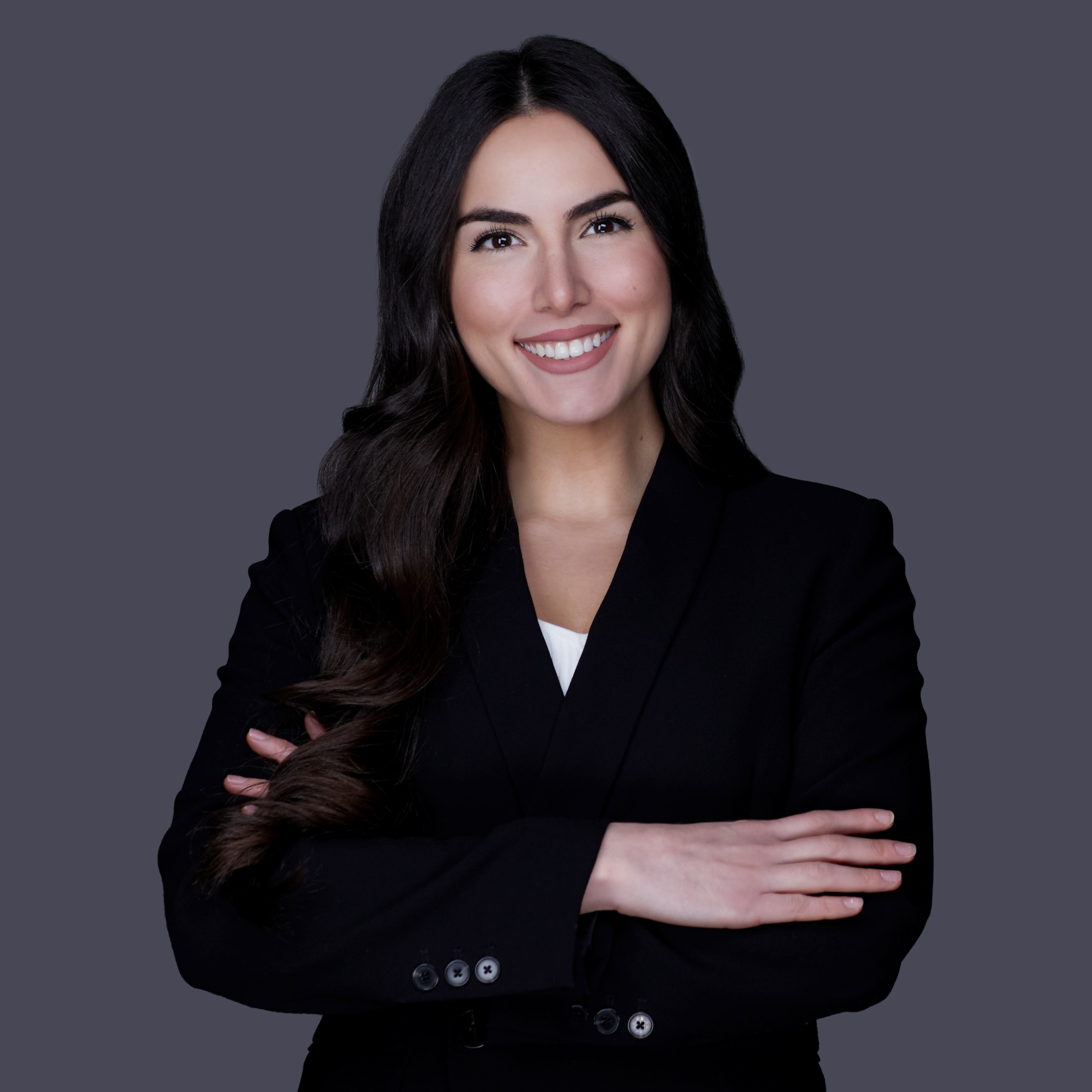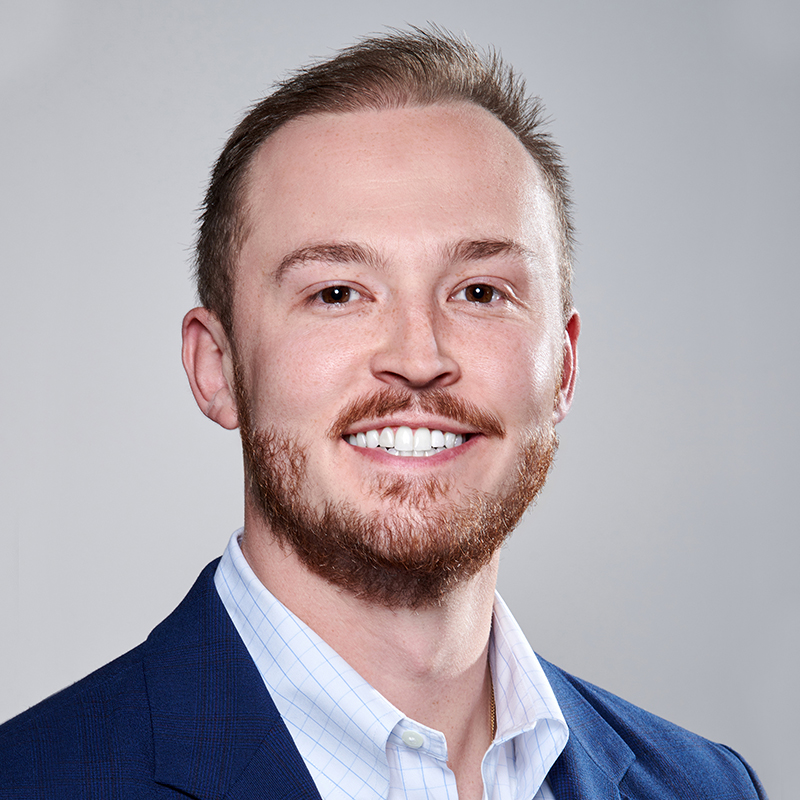According to the 2025 U.S. Financial Advisor Satisfaction Study conducted by J.D. Power, 45% of early-career advisors identified social media as a top investment priority. These younger professionals are more inclined to leverage technologies and tools — such as social media and search engine optimization (SEO) — to prospect for and connect with clients who demand more personalized and holistic support.
Are advisors who favor traditional communication methods, such as webinars and in-person seminars, missing an opportunity to reach out to investors more effectively and meet them where they are?
Technology is already central to business operations, but for Gen Z advisors — digital natives raised with smartphones and constant internet access — it’s second nature. Their digital fluency is increasingly becoming a competitive advantage when it comes to successfully engaging and serving clients, particularly Next Gen clients who are benefiting from the Great Wealth Transfer in progress.
This roundtable features three Gen Z advisors who shared their views on how digital tools are transforming the business of client engagement and how they put them to work. They also discuss their perspectives on how firms can support advisors in maximizing digital tools to drive practice growth, meet client expectations and elevate service:
- Liv Shin, Associate Vice President at 49 Financial, a values-based financial planning firm that serves clients through a team-based model
- Caroline Louis, Financial Planner at Prudential Advisors, which supports more than 2,800 financial advisors across the country
- Kevin Dawrant, Wealth Advisor at VestGen Wealth Partners, an RIA that supports succession-minded financial advisors

Shin: I think social media sometimes gets a bad rap, but it depends on how you use it. With AI and evolving platforms, people now have access to information that’s interactive, digestible and relevant. I use tools like Flodesk for monthly newsletters, LinkedIn for professional updates and IG reels to engage my clients in ways that keep them informed while also showing my human side.
While I don’t expect direct replies to the automated client updates I regularly send, my clients have shared in reviews that they do genuinely value the weekly market insights — even if they don’t fully understand them — because it reassures them we’re actively watching their investments. I also get positive feedback on personal content I share in my monthly newsletter, which reminds clients I’m more than just their advisor. It makes me relatable and available, and reinforces that I am proactive in serving them.
With the Great Wealth Transfer underway, most assets will first reach millennials and Gen X, but will eventually flow to Gen Z and younger. Many of my clients in their 50s and 60s tell me they wish they had learned more about financial literacy earlier and want to equip and support their kids.
That’s why I view social media as more than just marketing; it’s a tool to make financial education more accessible now. By creating awareness today, we can prepare the next generation — many of whom don’t even realize what they’ll inherit — for not just money, but long-term financial health.
We are already glued to our phones — might as well make it something worth learning!
Clients want to work with advisors they can relate to, and being a younger demographic gives us a unique advantage in connecting authentically with the next generation inheriting wealth. Recently, I met with a 25-year-old client who came into a couple of million dollars through a settlement. Her father specifically wanted me involved — not just because I’ve supported him, but because of my relatability to her as someone close in age. He trusted I could serve his daughter well, and that trust opened the door to a deeper connection.
I hope my legacy is not in the amount of money I can make for my clients or taxes I can save, but in the relationships I cultivate with them that merit conversations like this — unsolicited phone calls to serve their kids and loved ones because of trust, values and authentic connection.

Louis: On average, people in the U.S. spend about 2 hours a day on social media platforms like Instagram and TikTok. I see this as a huge opportunity to show up where my clients already are. For most of us, social media isn’t just for entertainment anymore; it’s now the first, if not the main, source of news and information.
As a licensed professional, I want to be the one providing financial information, which means creating consistent touch points. For me, short videos and simple posts that break down financial concepts work best because they’re quick, relatable and easy to understand. LinkedIn is great for credibility, while Instagram shows a more personal side of advising. Social media helps build trust and keeps me connected with my current and potential clients in a way that feels natural to them.
My generation is less likely to sign up for in-person seminars, especially if they do not already know the advisor. We want information that is available anytime and in places where we are already looking. Social media gives advisors the chance to educate and connect with people on their own terms.
If firms encouraged and supported advisors to create more content on platforms like Instagram, TikTok or LinkedIn, that would make it easier to reach potential clients and start building relationships. Social media can be both an educational tool and a way to prospect. If firms make it a priority, it will help advisors grow while also meeting the expectations of a younger generation.
As many advisors retire, they will leave behind large books of business: clients — and their families — who still need support. This makes today one of the best times to be building a career in financial advising and planning. At the same time, information is so easy to access that many people turn to AI first when they have financial questions. To stay relevant, we need to focus on building deep relationships and making ourselves accessible.
Clients want convenience and advice that fits into their daily lives. I hope to build a practice that can serve families for generations to come. I want to help clients feel confident in their financial decisions, guide them through major life milestones, and leave a lasting impact that continues long after me.

Dawrant: Social media is changing the way clients expect to connect with advisors — it’s no longer about quarterly updates, it’s about being present and approachable every day. At VestGen, our social presence is still in its early chapters, which is exactly what excites me. We’re building a strategy that blends the credibility of LinkedIn with the relatability of Instagram and TikTok, giving Next Gen advisors a platform to share authentic stories and simplify finance for real people. For me, the power is in showing up consistently and creating conversations, not just content.
As a digital native, I think wealth management firms should lean into tools that feel intuitive for real-time collaboration — things like Teams, Asana, Salesforce and AI-driven dashboards. Most of the industry still runs on static documents and endless emails, which makes knowledge sharing across generations clunky. At VestGen, we receive tech-enabled learning modules, both live and on-demand, that help advisors master tools and strategies while staying fluent across tech platforms. It means Next Gen advisors like me get to shape the way collaboration works for the future of the firm.
With over a third of today’s advisors set to retire in the next 10 years, my generation is inheriting practices and, along with that, the responsibility to make advice relevant for millennials, Gen Z and even Gen Alpha. These clients face challenges their parents didn’t: student debt, housing hurdles, side hustles, financial anxiety and a demand for values-driven investing. They want clarity, digital-first advice and a partner who truly understands their world.
The legacy I hope to build is one where the Next Gen doesn’t just inherit wealth, they inherit confidence, and a model of planning and advice designed for their lives today and tomorrow.
Sander Ressler is Co-Owner and Managing Director of Essential Edge Compliance Outsourcing Services, a compliance and regulatory affairs consultancy for broker-dealers and RIAs, and a Strategic Partner Firm of the Ascentix Partners Network.











